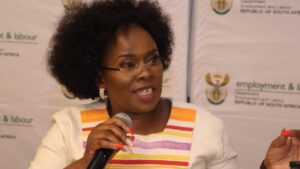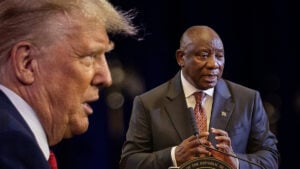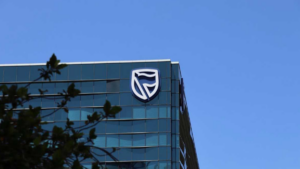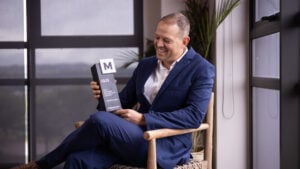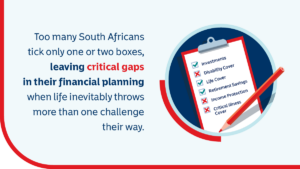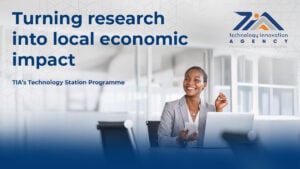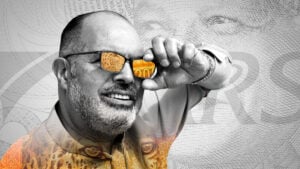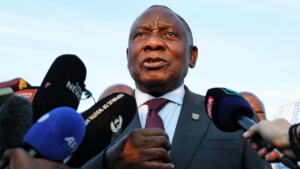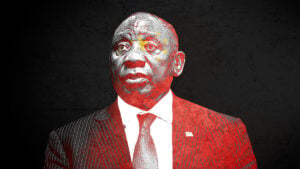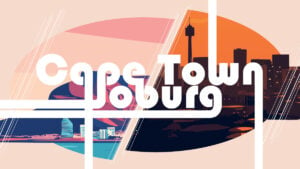Prominent South African airline in business rescue debacle
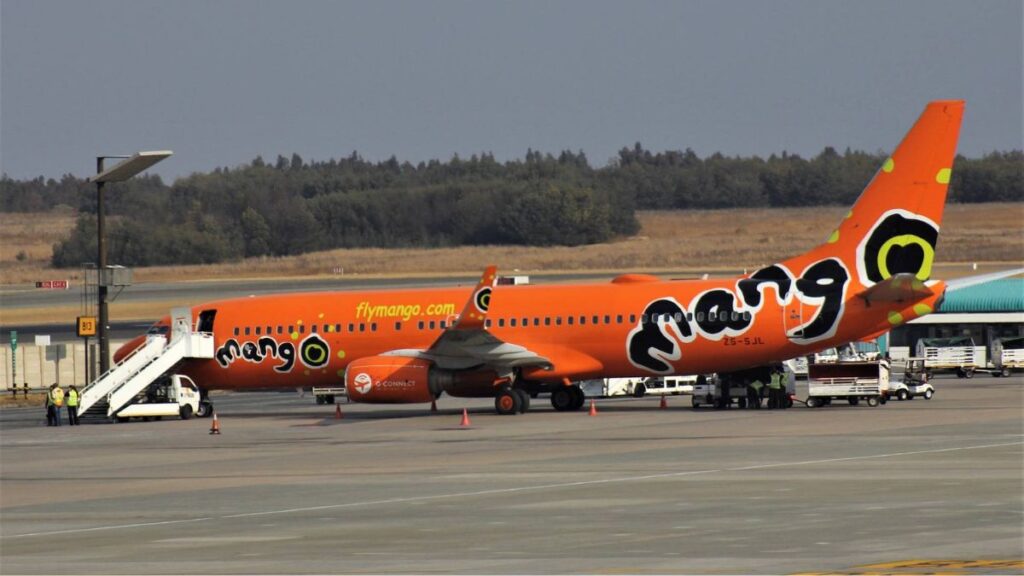
Legal experts have warned that Mango Airlines’ business rescue plan is treading on the toes of its creditors, which may spell disaster for the group’s attempts to get back in the air.
Mango was placed in voluntary business rescue on 28 July 2021, and the business rescue practitioners were appointed in August of that year.
The airline has faced and uphill battle to get back off the ground, with the business rescue process frustrated by dealings with the government and resultant uncertainties making it difficult to pin down an investor.
Mango is a wholly owned subsidiary of South African Airways (SAA), and when it entered business rescue it did so with SAA as its sole shareholder.
However, SAA had been facing its own financial issues and potential buyout at the time, and did not provide any further financial support to the group or the state.
Mango’s business rescue, therefore, relies on the airline finding financing from a third-party investor.
While the group reportedly in the final staged of its rescue, the whole plan was dealt another blow after one of its creditors secured a court ruling declaring it invalid and unenforcable.
The business rescue practitioners have applied to appeal the ruling, but legal experts Koos Benadie and Xander Schoeman from law firm Barnard Incorporated have flagged major problems that need to be addressed.
The main issue at play is how debts owed to Mango’s creditors are being handled in the plan.
Specifically, the business rescue plan requires that the airline’s creditors take a massive haircut on the debt owed to them, accept a non-guaranteed ‘top up’ after the sale, and then cede all their rights to claim later.
Benadie and Schoeman said the last point is the big problem because South Africa’s laws don’t make provisions for this to be forced on creditors.
Even if the plan is adopted by the majority, dissenting voters can’t have their claims taken away without consent.
Creditors can’t just be sidelined

The adopted business rescue plan entails that the remaining funds previously injected by SAA, after deducting employee claims and restructuring costs, will be distributed to concurrent creditors.
This estimated dividend payout to creditors equates to approximately 4.43 cents in the rand, or R44,300 for every R1 million owed.
This nominal return precedes the proposed sale of SAA’s shares in Mango to an investor at a nominal value.
Following the sale, the investor is expected to subscribe for new shares to capitalise on the business, but the plan gives little to no detail as to the amount, timing, or terms of that investment.
What the plan does specify is that any funds from the subscription is intended to give a “top-up” payment to creditors, supplementing the 4.43%.
However, this so-called ‘top-up’ is not guaranteed.
In return, the plan requires that, after the ‘top-up’, the remaining balance of claims held by creditors be ceded to the new investor.
“Once the business rescue plan has been approved and implemented, creditors will be precluded from enforcing any debts owed by the company prior to the commencement of the rescue proceedings, except to the extent provided in the plan,” the experts said.
This is a major problem, as the plan is using Section 154 of the Companies Act to support the proposed treatment of creditor claims and the cessation of claims, but that’s not what the Act allows.
According to the legal experts, Section 154 deals specifically with the discharge of debts, not with the cession or assignment of claims.
A discharge extinguishes a debt, whereas a cession merely transfers the right to claim to another party. The experts said it appears as if the airline’s business rescue plan conflates the two.
This poses a problem as the plan—which the vast majority of creditors has adopted—will see the few dissenting voters cede their rights to claim what is owed to them; something which the laws do not allow.
The lawyers noted that it is well-established in South African law that ceding requires clear intention from the ceding party to give up that right.
“While cession does not require the debtor’s consent, it cannot be unilaterally imposed on a creditor by a third party,” the experts said.
“While Section 154 of the Companies Act allows for the discharge of pre-existing debt in certain circumstances, it does not authorise the cession or substitution of claims without creditor consent.”
This means that Mango’s creditors maintain the right to enforce their claims unless lawfully discharged, and any attempt to reassign or subordinate those rights without consent is invalid, as the court ruled.
The business rescue practitioners are appealing the ruling. They said that they believe the rescue plan will ultimately benefit all creditors, and that the payout is likely to be more than the 4.43% stated.
The effect of the application for leave to appeal is that the operation of the judgment is suspended pending the court’s decision on the appeal process. Meanwhile, the new Mango investor has confirmed they are still on board and will await the outcome of the process.
